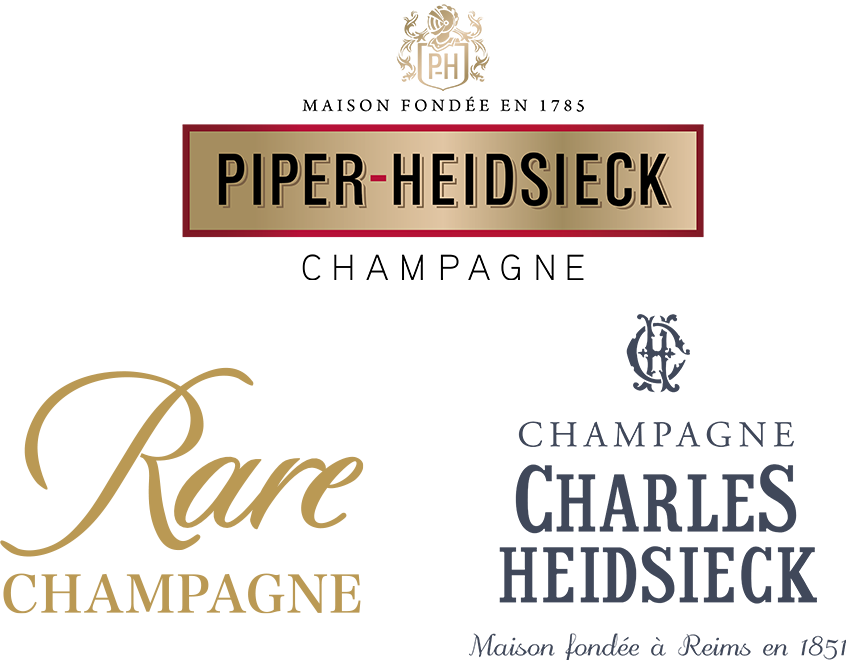

Piper-Heidsieck, Charles Heidsieck and Rare Champagne - Charles Heidsieck SAS

Grand Est, France
July 2022
Agricultural Processing
Agriculture/Growers
France,
Hong Kong S.A.R.,
Japan,
United States
Champagnes Piper-Heidsieck, Charles Heidsieck and Rare Champagne are the very first wineries in Champagne to achieve B Corp certification. Based in Reims in the heart of the Champagne region of France for many centuries, the Houses have been part of the family-owned EPI Group since 2011. This certification illustrates the commitment of all three Houses to improving both their social and environmental impacts on the planet, representing a crucial step in an evolution towards a positive and purpose-driven business model. The Houses value their innovative winemaking practices in order to produce wines of the highest quality whilst acknowledging a global responsibility to positively impact the environment and society through sustainable practices. This philosophy is based on sustainable viticulture, reduction of both carbon footprint and waste, and the promotion of diversity, inclusion, and the quality of life at work. The Houses wish to inspire others in the larger wine industry as well as in the Champagne region to join the movement, and to use business as a force for good.
Overall B Impact Score
Governance 15.5
Governance evaluates a company's overall mission, engagement around its social/environmental impact, ethics, and transparency. This section also evaluates the ability of a company to protect their mission and formally consider stakeholders in decision making through their corporate structure (e.g. benefit corporation) or corporate governing documents.
What is this? A company with an Impact Business Model is intentionally designed to create a specific positive outcome for one of its stakeholders - such as workers, community, environment, or customers.
Workers 29.2
Workers evaluates a company’s contributions to its employees’ financial security, health & safety, wellness, career development, and engagement & satisfaction. In addition, this section recognizes business models designed to benefit workers, such as companies that are at least 40% owned by non-executive employees and those that have workforce development programs to support individuals with barriers to employment.
Community 22.3
Community evaluates a company’s engagement with and impact on the communities in which it operates, hires from, and sources from. Topics include diversity, equity & inclusion, economic impact, civic engagement, charitable giving, and supply chain management. In addition, this section recognizes business models that are designed to address specific community-oriented problems, such as poverty alleviation through fair trade sourcing or distribution via microenterprises, producer cooperative models, locally focused economic development, and formal charitable giving commitments.
Environment 32.1
Environment evaluates a company’s overall environmental management practices as well as its impact on the air, climate, water, land, and biodiversity. This includes the direct impact of a company’s operations and, when applicable its supply chain and distribution channels. This section also recognizes companies with environmentally innovative production processes and those that sell products or services that have a positive environmental impact. Some examples might include products and services that create renewable energy, reduce consumption or waste, conserve land or wildlife, provide less toxic alternatives to the market, or educate people about environmental problems.
What is this? A company with an Impact Business Model is intentionally designed to create a specific positive outcome for one of its stakeholders - such as workers, community, environment, or customers.
Customers 3.2
Customers evaluates a company’s stewardship of its customers through the quality of its products and services, ethical marketing, data privacy and security, and feedback channels. In addition, this section recognizes products or services that are designed to address a particular social problem for or through its customers, such as health or educational products, arts & media products, serving underserved customers/clients, and services that improve the social impact of other businesses or organizations.